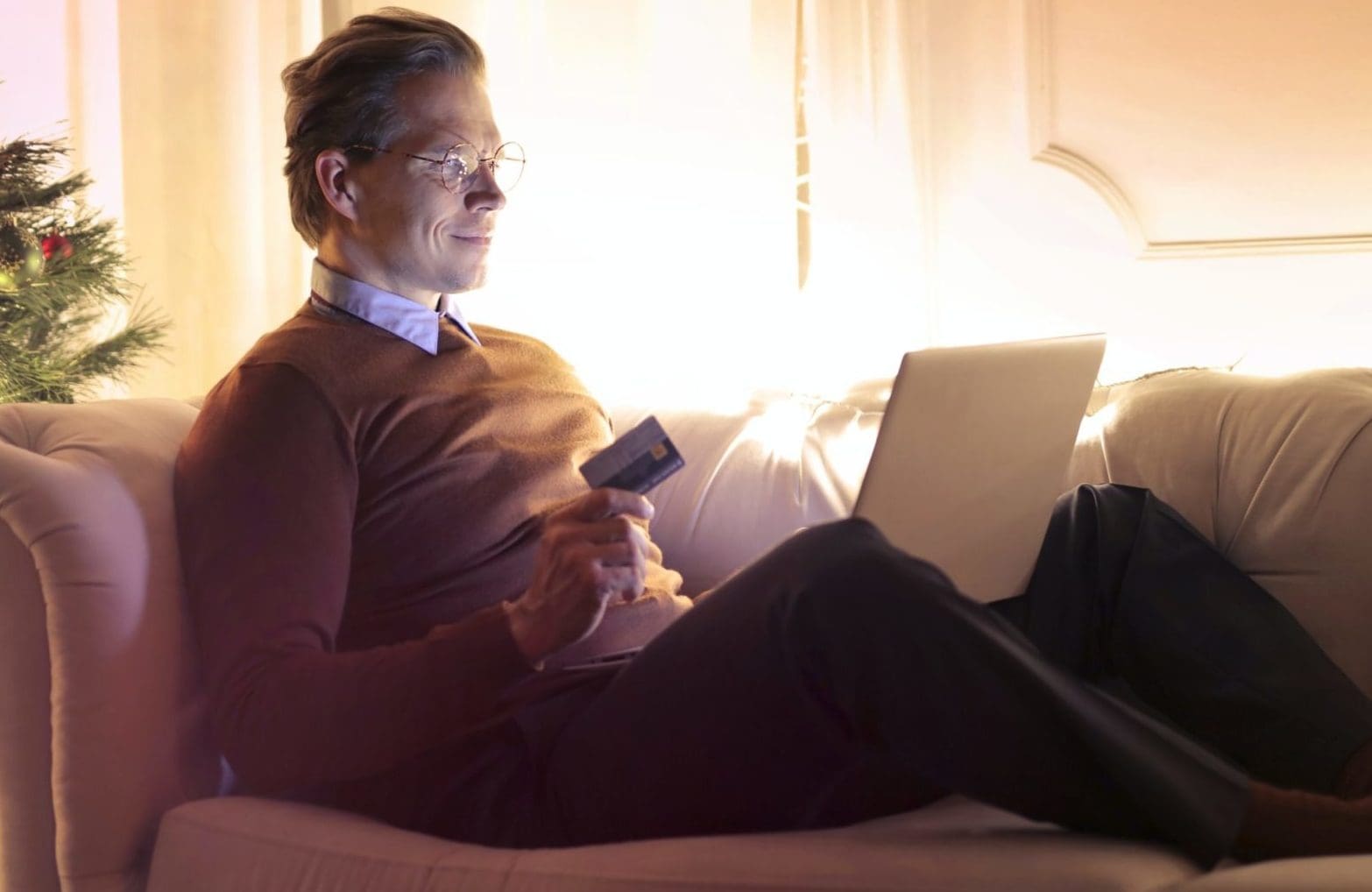How Social Isolation is Influencing Our Buying Habits

American spending accounts for nearly 70% of the U.S. economy every year. The United States Federal Reserve categorizes our spending as non-discretionary and discretionary. Essentials such as food, medicine, housing, and clothing are all considered non-discretionary, while everything else we buy for leisure and entertainment falls into the other category. In the final quarter of 2019, consumers spent $13.4 trillion, leaving the economy vibrant and ecstatic about what 2020 could bring.
Then, everything changed.
As the coronavirus swept through China and spread worldwide, governments began to shut down non-essential businesses and required people to stay indoors. Millions of us have had to transition from working at the office to working from home and schooling our children at home while limiting our public exposure. So how has this affected our spending? Are we spending more now that we’re at home, or are we spending less? Let’s take a look.
Impulse Buying
Being locked inside and without the normal social contact we’re used to has caused an increase in anxiety and depression for many. This has led to an increase in impulse online buying, a.k.a. retail therapy. Millions of us feel out of control, and shopping online gives us back some of that control. This is perhaps the reason for increased orders from Amazon, online clothing retailers, and grocery stores nationwide.
The influx of online spending has led to slower delivery times and a warehouse crisis. In fact, Amazon has struggled to keep up and is looking at hiring thousands of new delivery drivers, packers, and warehouse workers to help with the increase in orders.
Hoarding Supplies
In the early days of quarantine and social distancing, people bought up supplies in bulk, leaving grocery store shelves bare. Supplies like toilet paper, cases of water, Clorox wipes, and hand sanitizer flew off the shelves. This led to grocery stores being forced to limit the number of each items consumers could buy during a trip, yet shelves remained bare and are still bare in some areas of the country.
Hoarding supplies during a natural disaster is nothing new. Still, we generally don’t see this unless there is a blizzard warning, a hurricane along the gulf, or following a tornado when water supplies may be cut off. Never before have we seen people hoard things and buy so many groceries in a matter of weeks than during the COVID-19 pandemic. Carts full of meat, milk, bread, frozen dinners, and pizzas left the stores as people embraced for the impact of the coronavirus. Indeed, buying habits changed drastically and continue to shift with no end in sight.
Buying Material Goods
Remember that discretionary spending we discussed previously? Here is where social distancing can impact our buying habits. Psychology Today says anxiety over social distancing and our mortality “promotes materialistic values and decisions.” This can lead to buying luxury goods and brands to make themselves feel better and generate a sense of wealth during a crisis.
While an expensive Alfa Romeo sedan or carrying a $10,000 Hermes Birkin bag might not have a functional purpose in a time of need, it provides a sense of security for those who can afford to be brand loyal. For this buying behavior, it’s not all about what the product does but rather what it signifies and means to the consumer.
How People are Buying
Now that retail stores and malls have shut down for the foreseeable future, people are turning to mobile apps and online shopping platforms to fulfill their needs. While this may not have the same social affect as going to the store, it’s helping people practice social distancing and flattening the curve of the spread of COVID-19.
Restaurants are also taking advantage of mobile apps such as UberEats, GrubHub, and DoorDash. These platforms have allowed food and beverage facilities to remain open and keep serving their communities. As essential businesses, they can continue to provide customer carry-out and delivery services.
Get Your Water Cooler Rental!
Finding fresh, clean water at the grocery store may be challenging right now, so why not upgrade the tap water in your own home with a bottleless water cooler system from Office H2O? We’re currently extending our services to all Indiana residents because of COVID-19. Contact us today to learn more about our water filtration systems and how they can filter out the bacteria and viruses in your water right at home.
Photo by Andrea Piacquadio from Pexels
